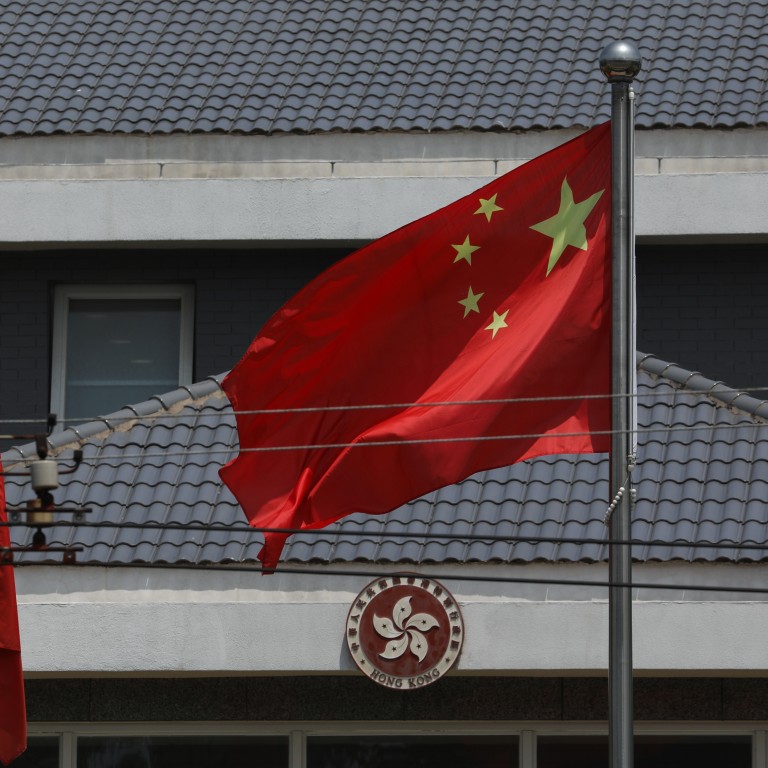
Explainer | Decluttering the noise around the national security law: a day before legislation is passed in Hong Kong, are we any clearer about it?
- Details remain murky with draft of new legislation not expected to be revealed before law is passed
- Concerns range from length of sentencing to what are the actual criminal elements under offences listed
As Beijing’s national security law for Hong Kong edges closer to being passed, new details have emerged daily, at times overturning previous speculation.
In less than a week, the penalty for violation, initially believed to be 10 years, is now expected to be life imprisonment, according to the latest revelation on Saturday by a pro-Beijing heavyweight now in the capital as part of a three-day legislative session.
With just a day to the law being passed by the National People’s Congress Standing Committee (NPCSC), here’s what we know:
A decade or life behind bars?
On June 20, state media Xinhua published an explanatory statement, spelling out the framework under which the law – which aims to target acts of secession, subversion, terrorism and foreign interference that endanger national security – will operate.
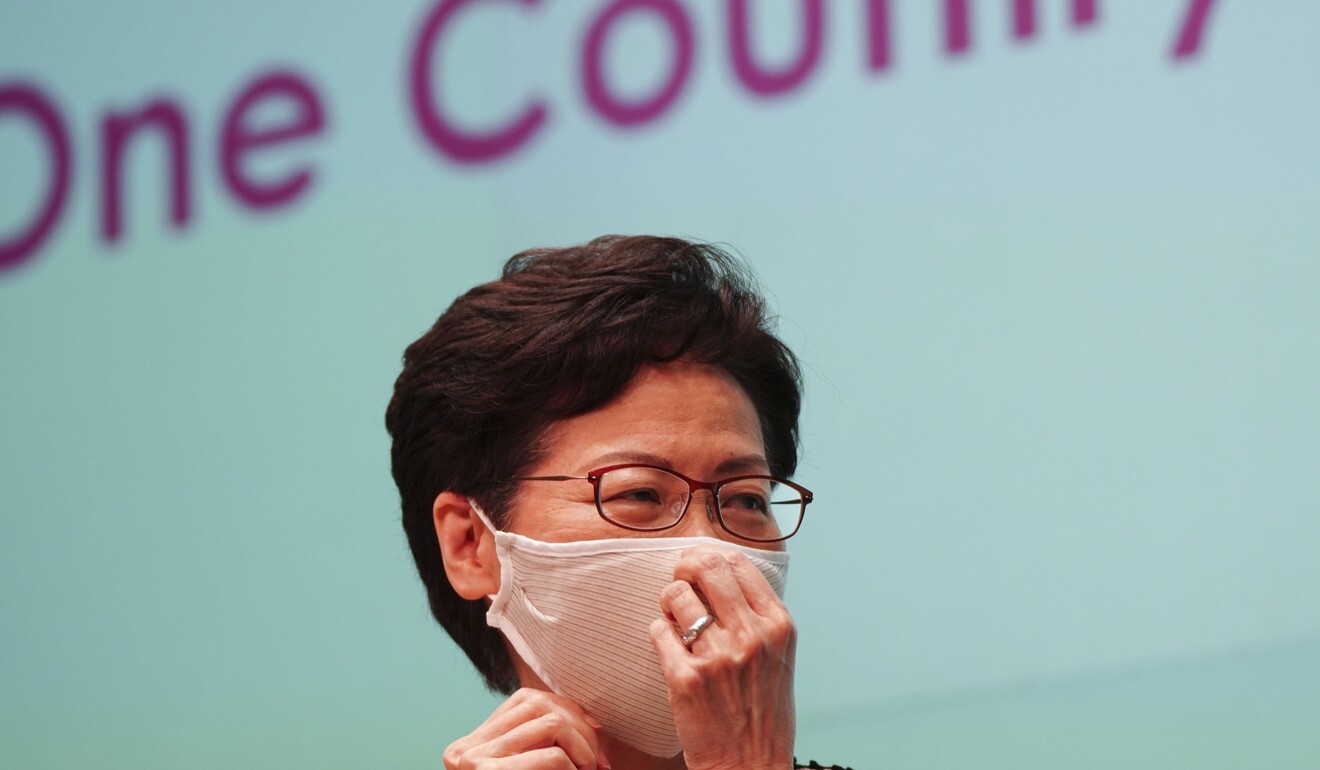
While the note detailed how new bodies would be set up either by mainland or local authorities in Hong Kong, and spoke of city leader Carrie Lam Cheng Yuet-ngor’s new power to appoint judges, it did not shed light on specific criminal elements for the four offences, nor mention how those found guilty would be punished.
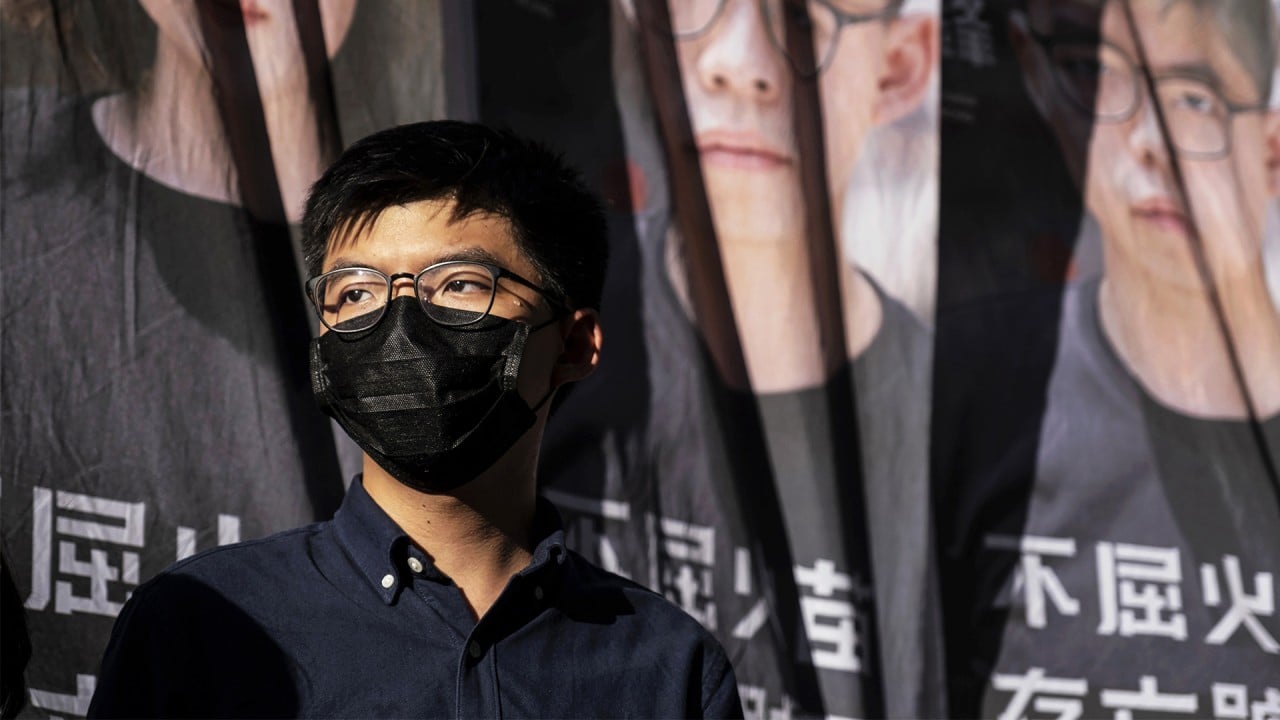
03:03
Activist Joshua Wong expects to be ‘prime target’ of national security law in Hong Kong
Soon after, Hong Kong’s sole delegate to the standing committee Tam Yiu-chung, who took part in the deliberation process, suggested that the maximum sentence would be 10 years. Less serious cases could still attract up to three years’ imprisonment, he added.

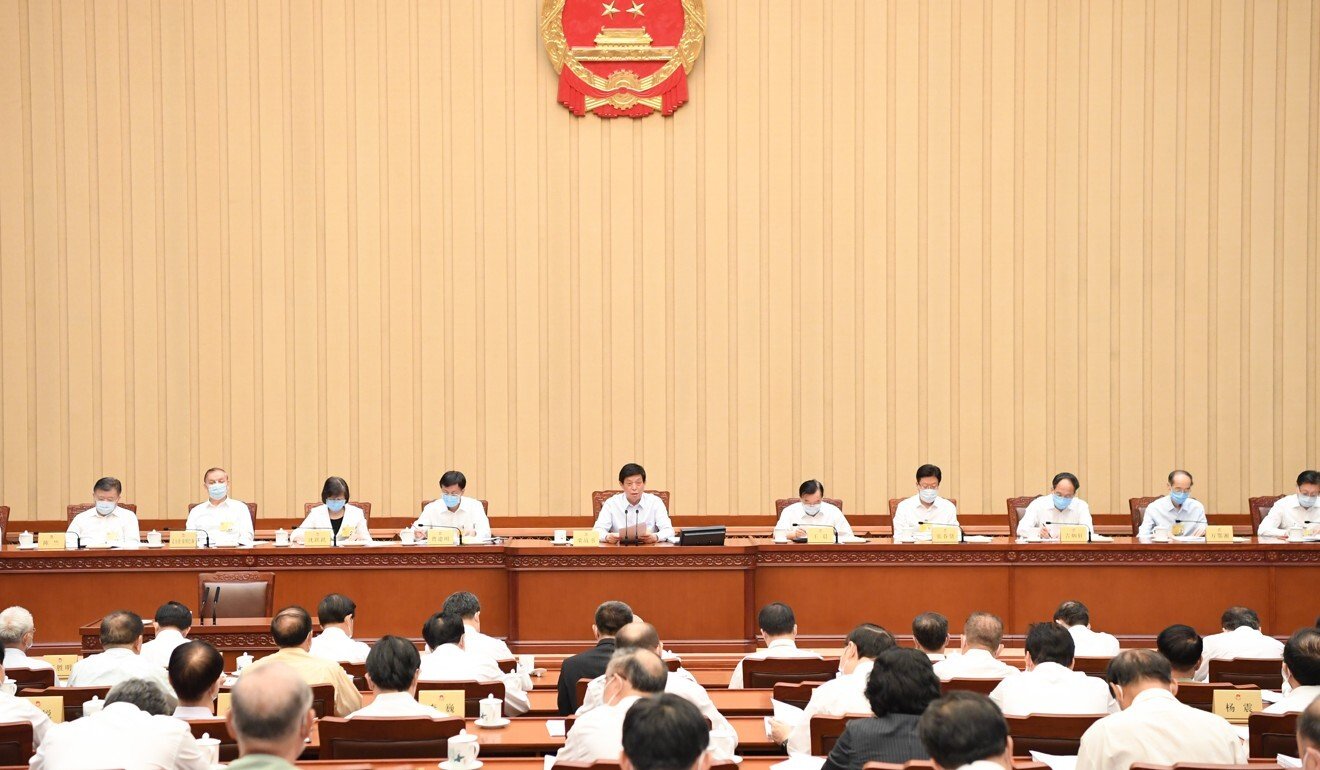
To add to the uncertainty, a government adviser suggested on Monday that the offences would also come with a minimum sentence of 10 years, an unfamiliar mark under Hong Kong’s laws.
Critics have expressed concern that the legislation Beijing is tailor-making for Hong Kong would undermine the city’s common law principles.
But executive councillor Ronny Tong Ka-wah said: “It has nothing to do with it being compatible with common law.”
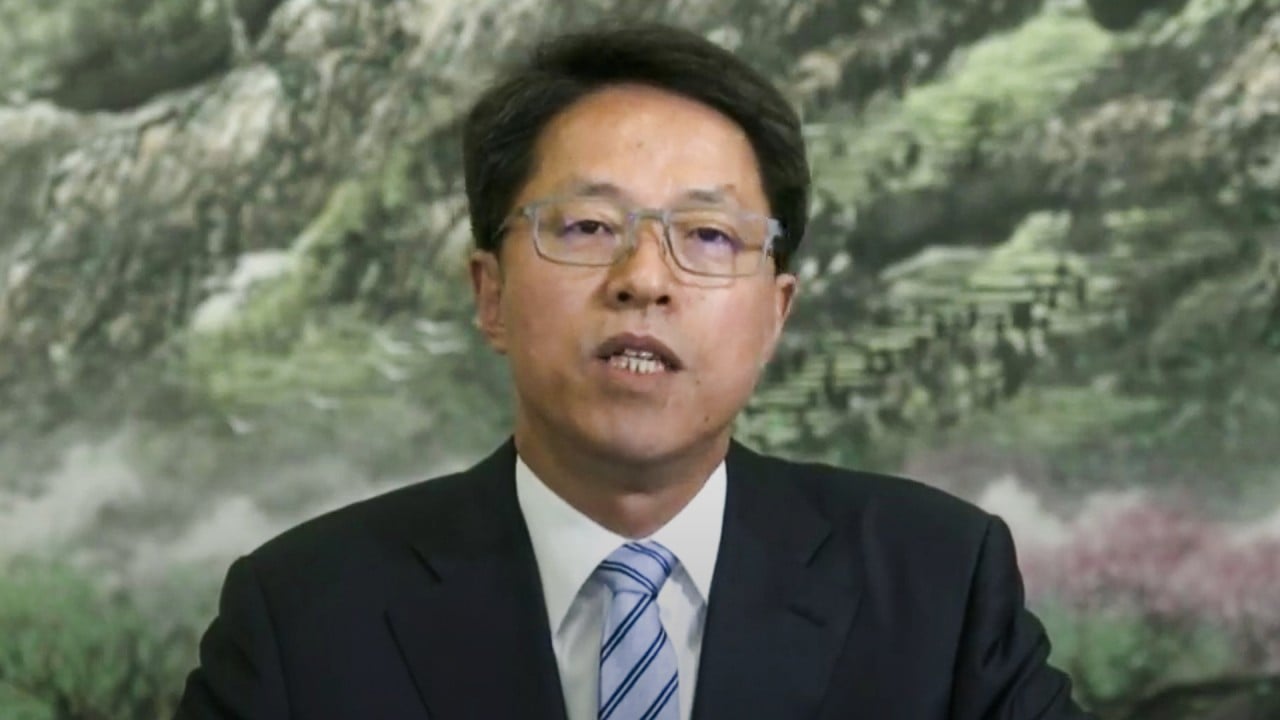
03:18
Hong Kong’s national security law is like ‘anti-virus software’, top Beijing official says
Associate law dean Simon Young Ngai-man, from the University of Hong Kong (HKU), said some countries, including Canada, had introduced minimum sentences for firearm-related offences under the influence of “get-tough-on-crime” politics, although the Canadian courts had struck down some of these laws for being disproportionate.
Convicted murderers in Hong Kong face a mandatory life sentence, which could be seen as the minimum penalty for the offence, according to Young.
But he added that the problem with the national security law was that Hong Kong courts might not be able to follow suit in striking down minimum sentences because this could attract Beijing’s scrutiny and another interpretation of the Basic Law, the city’s mini-constitution.
“This would be severely detrimental to our human rights protections,” he said.
Hong Kong could have third deputy police chief for new security unit
Will the law be retroactive?
Earlier in June, Deng Zhonghua, deputy director of the cabinet-level Hong Kong and Macau Affairs Office (HKMAO) made the assurance that the law would not be retroactive.
But the later explanatory statement from Xinhua stopped short of ruling it out, sparking a new round of speculation.
A day after the release of the statement, Beijing legal scholar Tian Feilong told state tabloid Global Times the impending legislation could be applied to cases related to the city’s anti-government protests, which erupted in June last year, as they were not “past events” but “ongoing” ones.
Two days later, Chief Executive Carrie Lam also offered her take on the issue. “From my understanding ... this is a criminal offence. In mainland China, they also have this concept, which is not to backdate, and to only count from the day [the law] comes into force,” she said.
Despite Lam’s clear indication, pro-Beijing figures argued that past acts could still be used to lend weight in a court to convict a defendant under the new legislation.
‘Beijing will not be deterred by opposition to Hong Kong security law’
In an interview with the press on Sunday, Ip Kwok-him, a Hong Kong delegate to the NPC, shared a similar view, pointing out that past behaviour could be used as “reference”.
Another burning question from critics centred on whether remarks on social media could be deemed in violation of the new law.
Principle law scholar Eric Cheung Tat-ming, from HKU, said past acts could be subject to the scrutiny of the courts, which would rule whether they could be admissible as evidence. Even if admitted, they could have little relevance, he argued.
Barrister Anson Wong Yu-yat said while it might be on the safe side for users to delete social media records, there were too many uncertainties for him to give a definite answer on the matter.
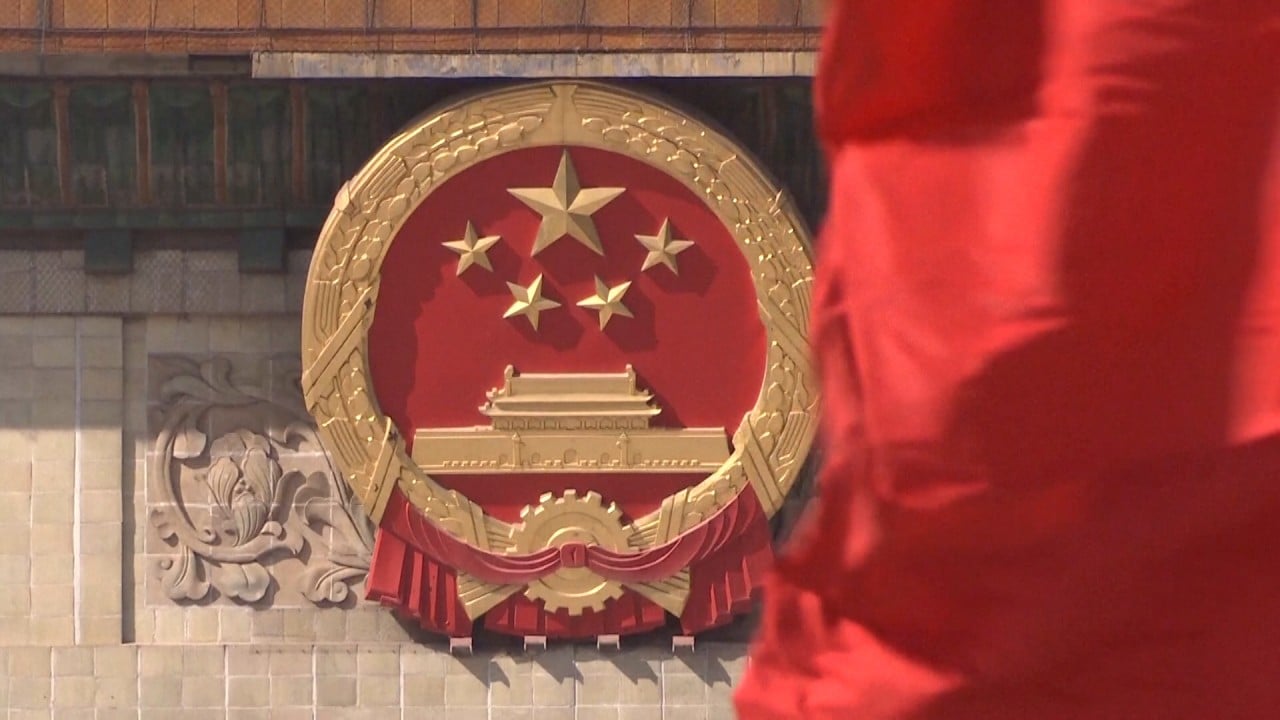
02:23
Beijing remains ‘very firm’ on national security law for Hong Kong, says city’s leader Carrie Lam
Will foreign judges be allowed to adjudicate on national security cases? Will there be a jury?
While pro-Beijing supporters have been arguing that judges of foreign nationalities should not be permitted to preside over cases, critics said excluding them would undermine the city’s rule of law.
So far, Beijing has opted for a more flexible solution.
According to Xinhua, Carrie Lam would be empowered to draw up a list of judges to preside over such cases.
No reason to keep Hong Kong national security law draft secret: legal experts
While opponents still dismissed the move as harmful, Lam said she would consult the chief justice before drafting her list. In particular, she also stressed it would be “simply not quite realistic” to bar non-ethnic-Chinese judges from ruling on cases related to national security.
But just a day later, Zhang Yong, vice-chairman of the Legislative Affairs Commission of the NPCSC, argued that Lam should avoid picking judges who might be compromised by “dual allegiance” due to their foreign nationalities.
This reopened the can of worms for the debate.
The resulting state of affairs will be that the HKSAR government, headed by the chief executive, will be the prosecutor, and the chief executive will select judges to try these cases
Countering Zhang, former assistant solicitor general of the colonial Legal Department Michael Blanchflower, who is now a senior counsel in the private sector, said letting the city’s leader pick a pool of judges amounted to a deep problem.
“The resulting state of affairs will be that the HKSAR government, headed by the chief executive, will be the prosecutor, and the chief executive will select judges to try these cases,” he told the Post, calling it interference to judicial independence.
He also rebutted Zhang’s claim that no country would allow foreigners to preside over cases endangering domestic security, citing Fiji as an example. He said over the past century, the Polynesian country already had a number of treason cases overseen by foreign judges.
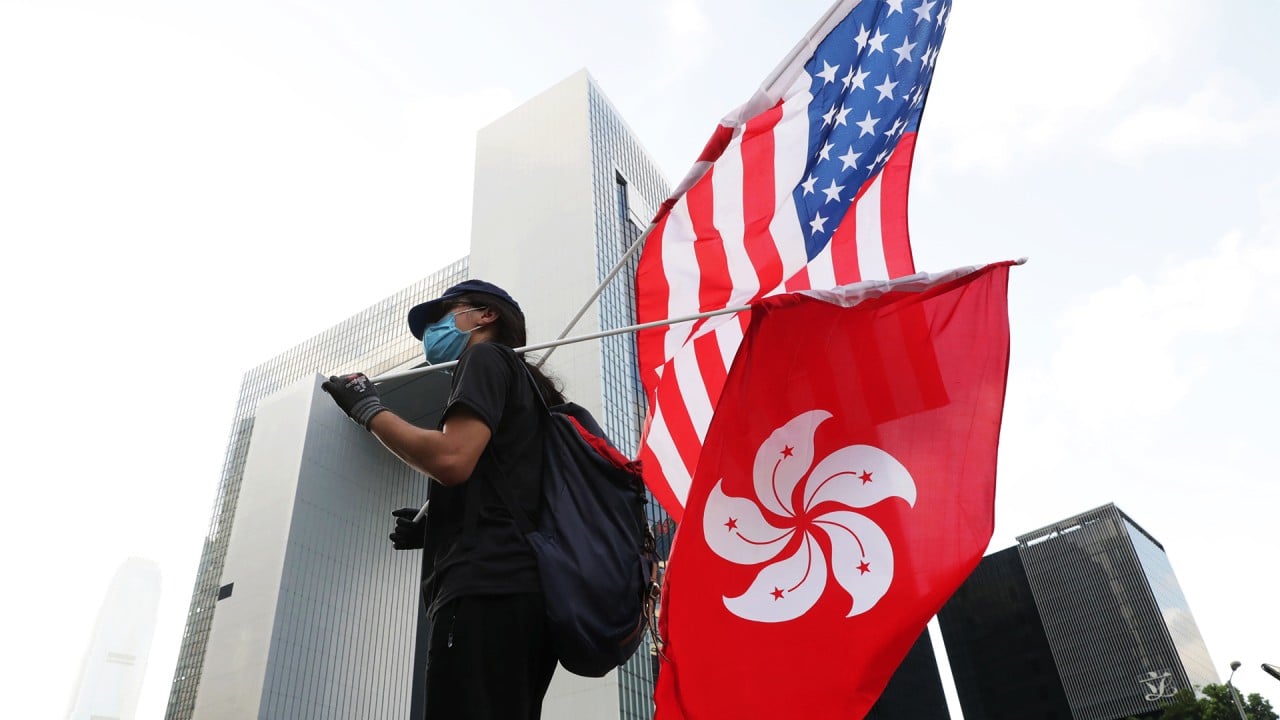
01:08
US Senate passes bill that could punish China for Hong Kong national security law
When will the law take effect?
The legislation is expected to be passed on Tuesday. But as of Monday evening, the full draft has yet been made available.
According to the NPC website, its standing committee had published the content of 48 drafted laws during early stages between 2008 and 2013. But a handful of proposed legislation related to sensitive issues such as military arrangements were not unveiled during this period.
Law professor Chen Xinxin, from the Chinese Academy of Social Sciences, a think tank in Beijing, said the Anti-Secession Law, passed in 2005 against Taiwan’s independence movement, and the Population and Family Planning Law in 2015 were among some legislation which did not have their full content disclosed before passage, and neither were they opened for consultation.
Hong Kong’s impending national security law requires the chief executive’s promulgation after being passed, to come into force.
Earlier, pro-establishment heavyweight Maria Tam Wai-chu, vice-chairwoman of the Basic Law Committee, said it could be done very swiftly as the local government and the central authorities work in tandem, although she did not spell out a possible timeline.
Cheung, from HKU, slammed the lack of details throughout the legislative process, saying this made it impossible for anyone to offer a solid take.
Additional reporting by Gary Cheung

